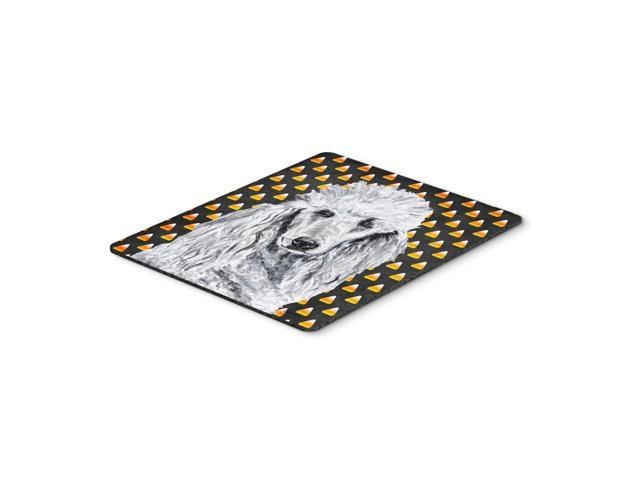Mice have become the species of choice for modeling the complex interactions between tumor cells and the host environment. Mouse genetics are easily manipulated, and a growing array of technology exists for this purpose. Mouse models allow investigators to better understand causal relationships between specific genetic alterations and tumors, utilize new imaging techniques, and test novel therapies. Recent developments along these lines show great promise for the development of new anti-cancer treatments.
Mouse Models of Human Cancer provides researchers and students with a complete resource on the subject, systematically presenting the principles, methodologies, applications, and challenges associated with this exciting field. Offering a survey of the latest research and a description of future areas of interest, this text:
- Presents real experimental data
- Describes organ site-specific mouse models
- Clearly identifies suitable models for further drug testing
- Critically analyzes current methodologies and their limitations
- Features numerous recognizable expert contributors
- Lists key Web sites, reagents, and companies
From mouse handling and genetic engineering to preclinical trials, Mouse Models of Human Cancer is a comprehensive guide to using these models and relating them to human disease. Its uniform presentation describes organ-specific models in clinical, imaging, and molecular terms, and lays out the relevant genetics, experimental approaches, histological comparisons with human disease, and conclusions.
Combining stellar chapter authors, rich illustrations, and clear, up-to-date coverage, Mouse Models of Human Cancer is an invaluable resource for advanced students and cutting-edge researchers.















